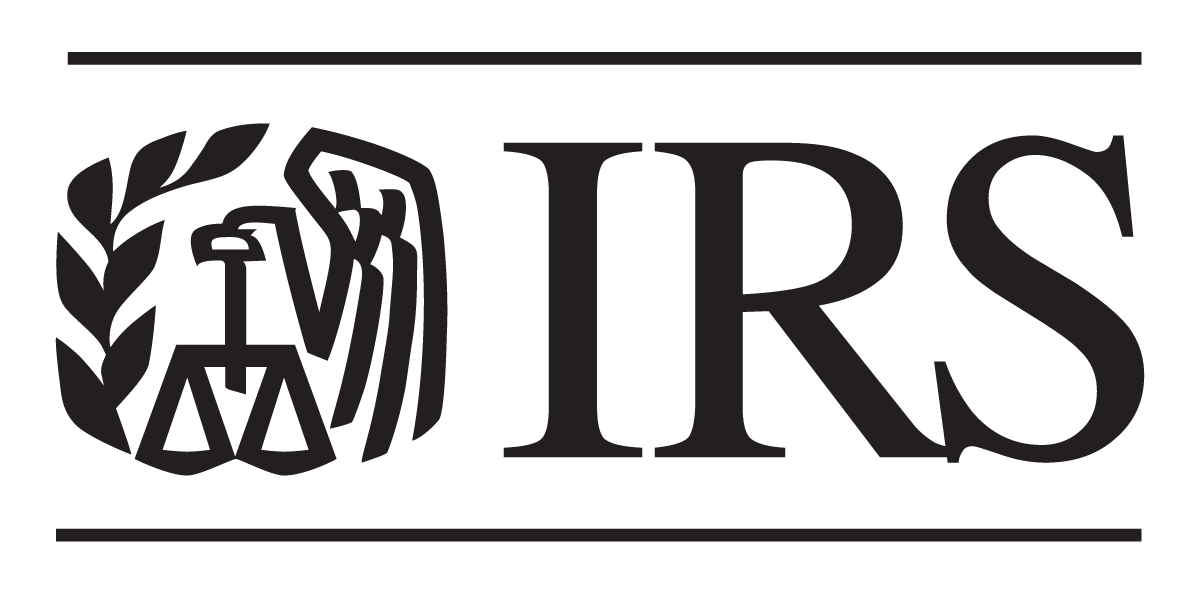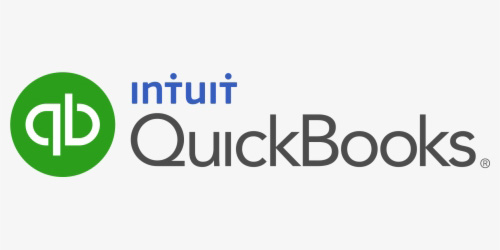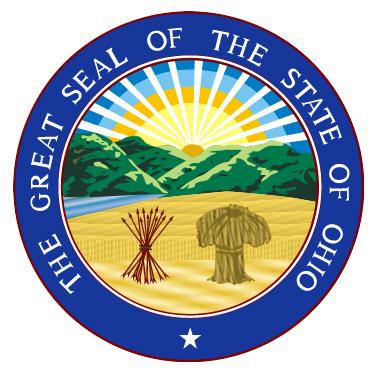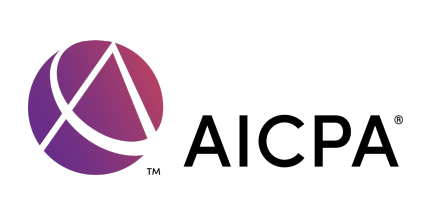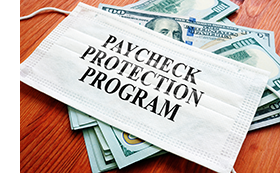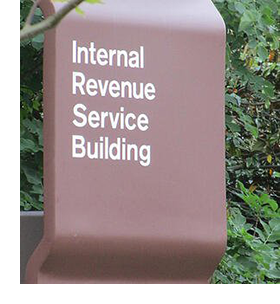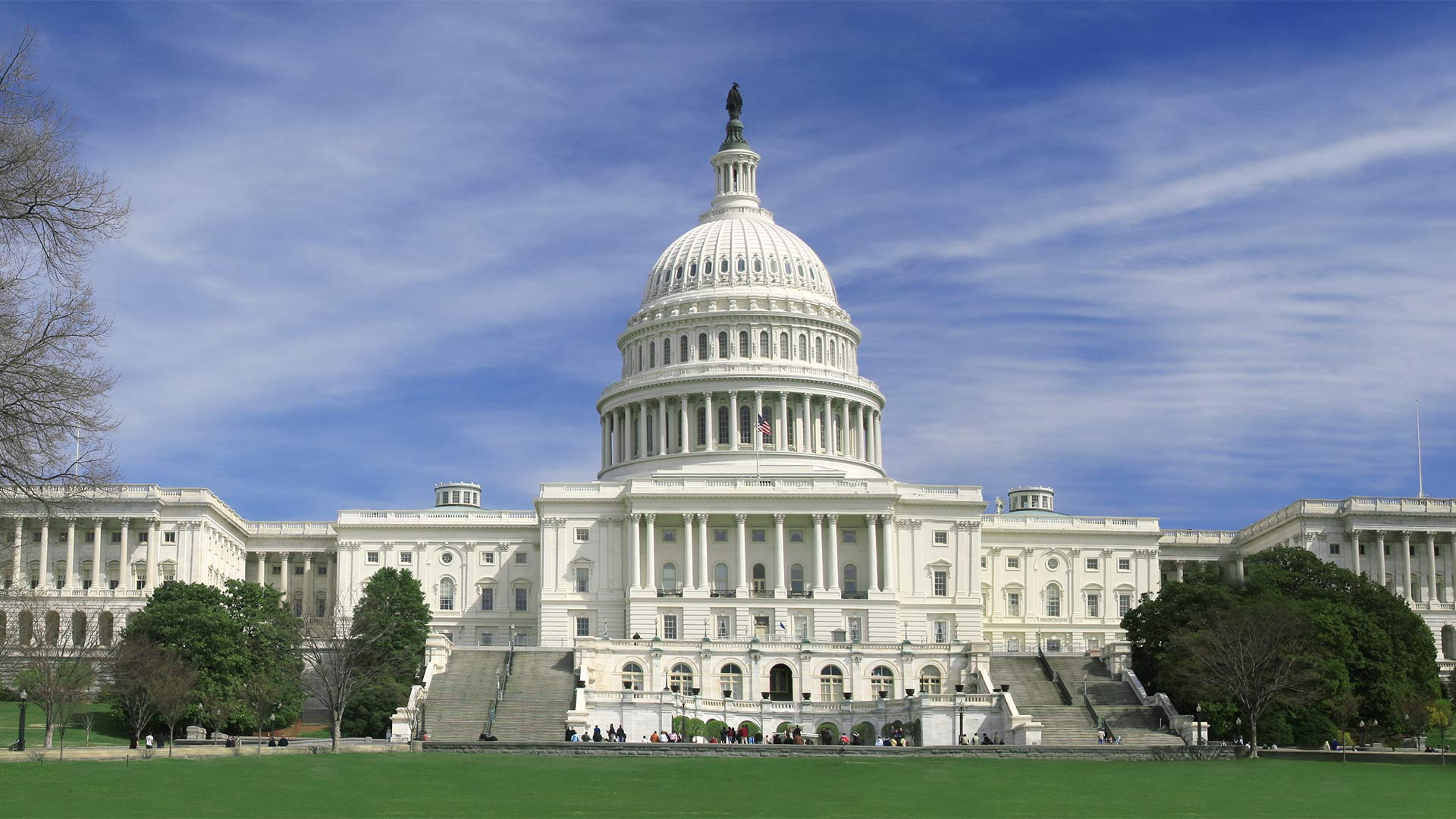Shuttered Venue Operators Grants and Restaurant Revitalization Fund Grants can pose accounting challenges.
On Aug. 10, the AICPA released a Technical Question and Answer (TQA) surrounding how a recipient should account for these grants. TQA 5270.01, Recipient Accounting for Shuttered Venue Operators Grants (SVOG) and Restaurant Revitalization Fund (RRF) Grants Received Under the Small Business Administration (SBA) COVID-19 Relief Program provides nonauthoritative guidance about how to account for SVOG and RRF grants. It applies to not-for-profit organizations who were only eligible for SVOG and private businesses entities who were eligible for both grants.


